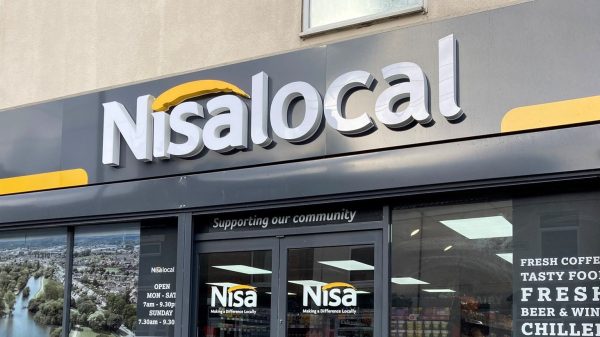Over the past couple of years, UK supermarkets have been working much more closely with start-up brands to bring diversity and innovation to supermarket shelves.
Co-op and, more recently, Tesco have been two of the retailers pushing into this space to offer support, advice and listings to a number of small brands.
In January, Co-op began searching for small food and drink businesses to join the third round of its accelerated support scheme, The Apiary, which sees the convenience retailer working with values-led businesses for a listing in its stores.
Since the scheme launched, many brands have been stocked in the grocer’s c-stores, including dessert cafe Black Milk’s sweet spread products which are now found in 270 shops and Lo-cal’s pale ale available in almost 300 stores.
Like Co-op, Tesco offers its own start-up support scheme, the Accelerator Programme, which launched just last month.
The supermarket giant has welcomed 27 up-and-coming brands including Nala’s Baby, Grind Coffee, Love Raw and The Gym Kitchen to kick off the initiative, which gives suppliers the opportunity to be stocked in Tesco stores and online to accelerate growth.
Speaking at the annual International Food and Drink Event yesterday (27 March), Tesco buying manager Christarose Maphosa and Co-op buying manager Kelly Orme said that supporting start-ups and expanding their portfolio of unique brands is the “right thing to do”.
Maphosa says that while the work Tesco and Co-op do for these small businesses involves “a lot of support and leaning in”, she adds that “none of that work is charity” and they are actually boosting the grocers’ bottom lines.
“These businesses are actually profitable and they make us better as businesses with really diverse products and things that customers want.”
Orme agrees that for Co-op specifically as a convenience retailer, “it’s really important that our products reflect the communities that we operate in and if we’re not supporting diversity, then we’re not meeting the needs of our customers”.
Subscribe to Grocery Gazette for free
Sign up here to get the latest grocery and food news each morning
Offering practical support
Orme says that Co-op’s Apiary programme looks to offer practical support to the small suppliers taking part.
“We pay really quickly. If you’re a standard Co-op supplier, there’s a cost associated with accessing data, but we waive that cost for Apiary suppliers. We guarantee a listing on shelf, and we give them a guaranteed six months to test the proposition.”
The retailer also runs a series of masterclasses where it teaches the start-ups “how to be great retail suppliers”.
“We give them negotiation training, we talk about margins, cash flow. We also run ‘lunch and learns’ where we invite real experienced entrepreneurs who have been there, done that, got the battle scars, to come in and talk to our cohort to give them tips and reassurance.”
Some of these entrepreneurs include the founders of brands such as mochi ice cream specialist Little Moons and miso paste business Miso Tasty which are available widely in UK supermarkets.
Creating a support system for brands and retailers
Maphosa says that Tesco’s Accelerator Programme also acts as “a safe space for founders to meet other founders”.
Orme agrees that this is also true for Co-op. “We try to create a network, as we know that businesses that are funded by underrepresented founders often struggle to have that.
“We create what we call our ‘hive of innovation’ where they talk to each other, and they support each other.”
Both Co-op and Tesco also stress the importance of collaboration not only between founders, but also between the retailers themselves.
Maphosa says that it’s vital to be “breaking down the barriers between retailers because we’re all trying to do the same thing”.
Orme notes that “ultimately we want to diversify the supply chain, we want them [start-ups] to be successful, and we want them to go to competitors because that’s our purpose.”
A more diverse grocery sector appeals to a more diverse customers base, which can only bring growth for the industry at large.










